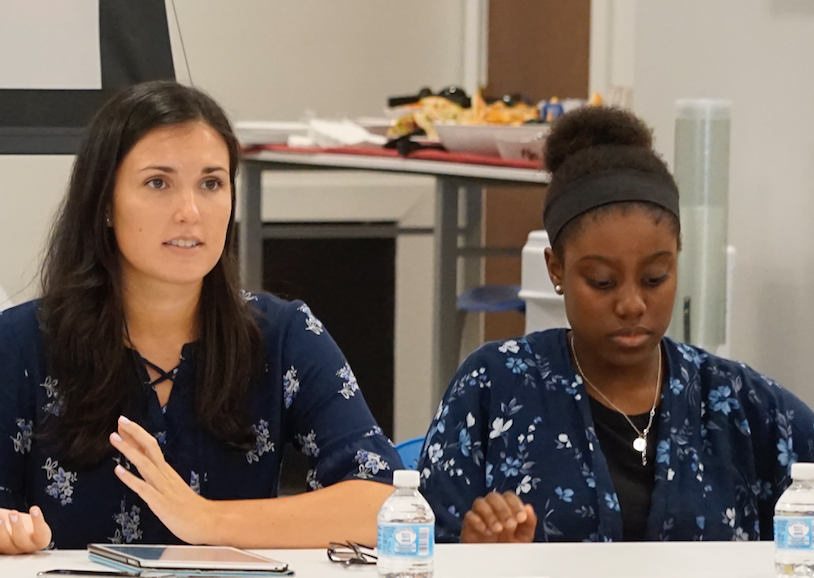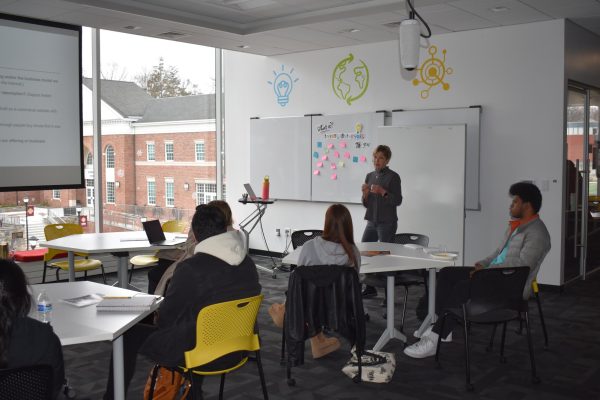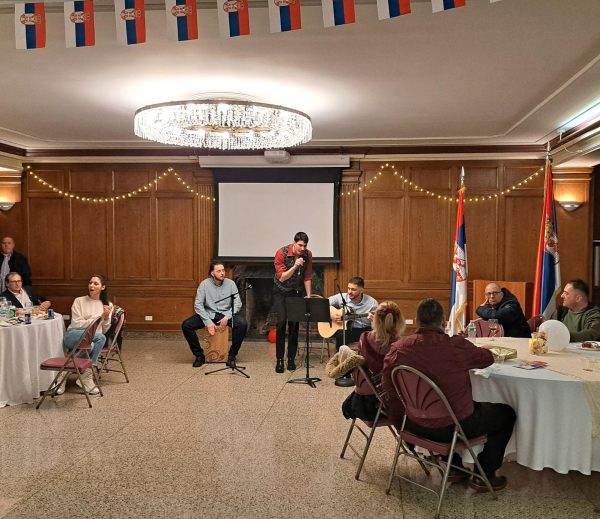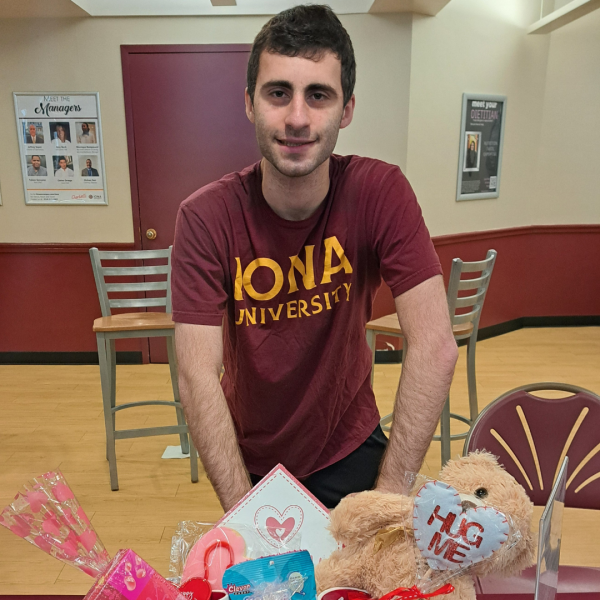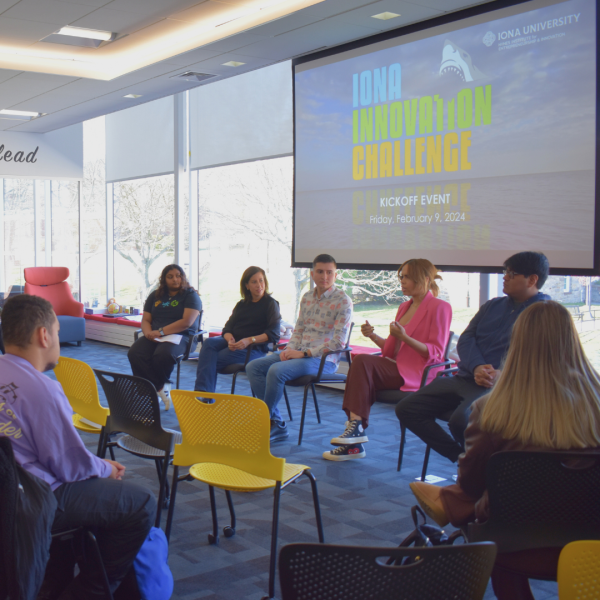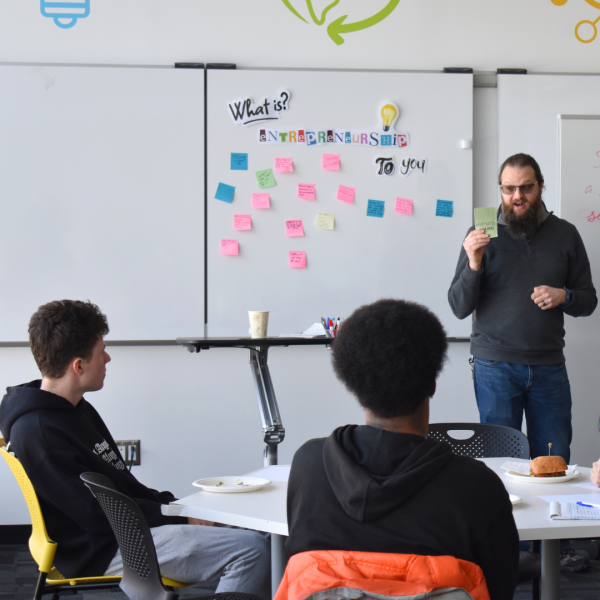Students share experiences from Italy entrepreneurship program at panel
September 20, 2018
Five Iona students traveled to Turin, Italy over the summer for three weeks to attend a summer program at the European Innovation Academy. On Sept. 14, these students reunited in order to attend a student panel and answer any questions those interested in their experience had.
Iona graduate student Marina Falisi started the panel off by explaining how the program went on a daily basis. She recounted how keynote speakers from companies like Fiat and Google as well as IP lawyers would start off the students’ day through speeches related to the tasks that they would work on during the program. Next, they would enter mentor meetings where they could springboard ideas and work on their team goals.
With 360 students from all around the world divided into about 62 teams, all five students stressed how important diversity was to the EIA, especially since the students were not allowed to be on the same teams as others from their schools.
Junior Maimouna Mbacke and her team made it to the final round of the competition. The team was rewarded with a mentor from Pitch60, a company where people with new ideas and startups are connected to investors, according to Mbacke.
Although the students don’t know how the top ten teams were specifically chosen, Iona graduate student Joshua Gitter knows that investors were allowed to pick one or two teams as their favorites. Gitter also said that these investors were swayed by the teams and how well they worked together.
“Sometimes the idea can be really bad, but as long as the team is strong, that’s what they really like,” Gitter said.
In regards to teamwork, Mbacke credits her team of chemical science majors for their slower-paced style in both getting the best pieces of information and allowing the rest of the team to take a breath.
Junior Lisbeth Baez explained why entrepreneurship is important for more than just business students.
“That’s the beauty in [entrepreneurship]—it’s the entrepreneurship mindset of observing what’s around us, what are things we can improve on?” Baez said.
The EIA is considered one of the leaders in entrepreneurship education by offering non-profit study-abroad programs in partnerships with Stanford University, U.C. Berkeley and Google, according to the EIA website. They include other universities from Asia, Australia, Europe and both North and South America in their programming. Virginia Commonwealth University has even included the program to their Master of Product Innovation program.
What makes the EIA stand out to Falisi, aside from the real-life experience it provides, is the networking that it teaches and the opportunity it gives students to develop their ideas into a tangible business.
The program includes hands-on learning, interdisciplinary teams and international networking, but also allows the participants to socialize with one another.
Each week of the Italy program focused on a different step of the entrepreneurship plan, according to the EIA website. Coming up with a successful idea and forming teams are stressed in the first week, while in the second week, each team developed their prototype and marketing plans for their idea. Finally, in the third week, the teams focused on launching and pitching their idea.
Moderator Jarlyne Batista, the coordinator for the Hynes Institute of Entrepreneurship and Innovation, stressed how important inquiring about the program is for the Institute’s relationship with the EIA. Batista says that if more Iona students express interest, the Hynes Institute will be able to send students to the other programs EIA offers in Portugal and China.




